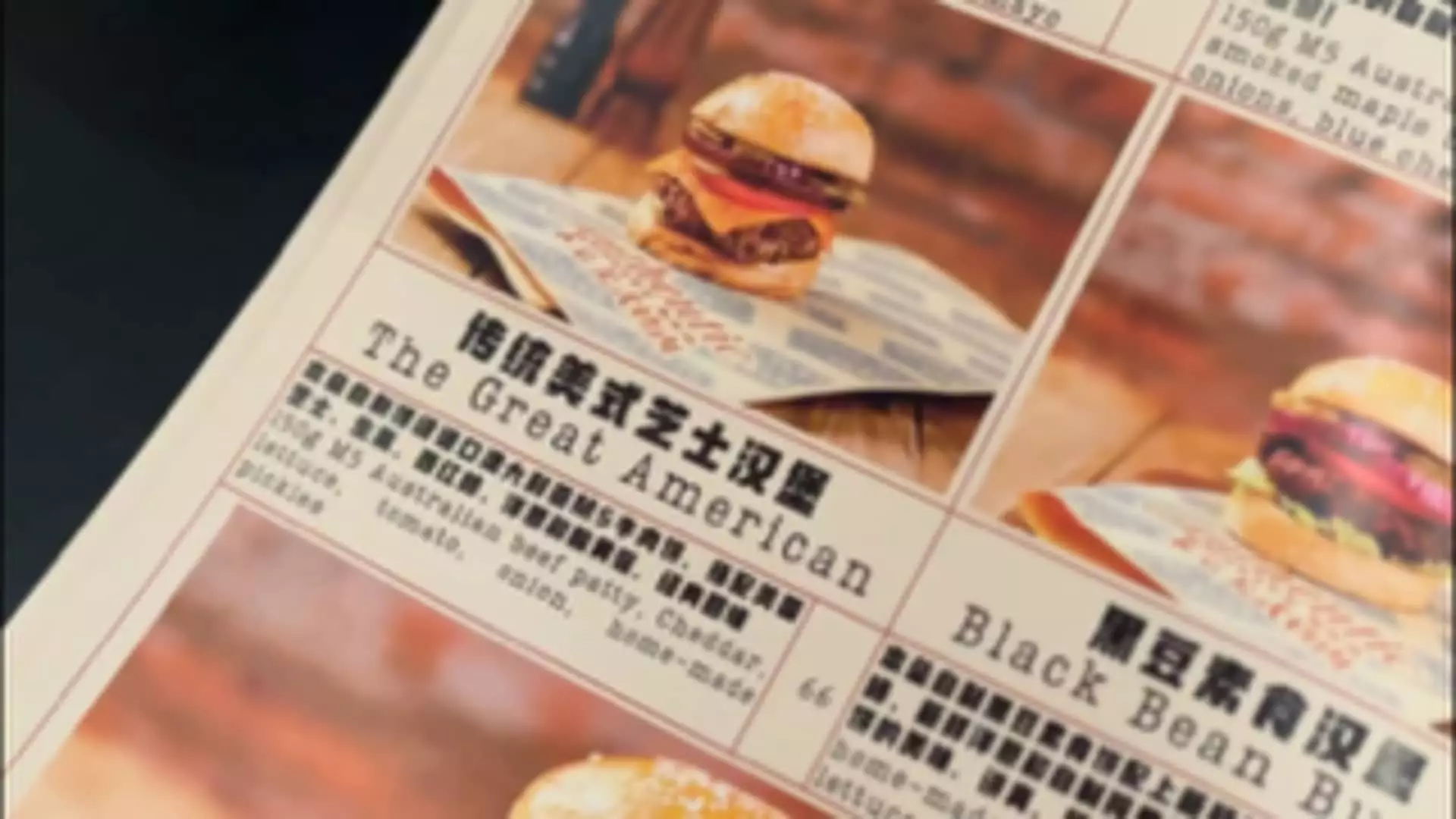In an unsettling twist of fate, the culinary landscape in China is going through a drastic transformation — one that no one would have predicted to be at the mercy of political whims. Geng Xiaoyun, the owner of Kunyuan restaurant, once proudly served an alluring dish of American salt-baked chicken feet, affectionately known in China as “phoenix talons.” However, the recent surge in tariffs has forced him to abandon this beloved delicacy. This doesn’t just represent a loss of revenue for Xiaoyun, but rather a tangible decline in cultural exchange and quality that affects the Chinese dining experience.
Let’s take a moment to digest what this means: American chicken feet, deemed “spongy” and “delicious” by Xiaoyun himself, have been unceremoniously replaced by Brazilian and Russian alternatives that simply don’t measure up. This scenario encapsulates a grim reality — how trade wars extend far beyond economic statistics, infecting the essence of human experiences. Changeless recipes and cherished ingredients sacrificed for political posturing leave a bitter aftertaste.
The Butterfly Effects of Tariff Politics
The ramifications of this trade conflict can genuinely be compared to a butterfly effect — a single flap causing a whirlwind of consequences. Take, for example, American beef, a staple at Home Plate, a beloved barbecue joint in Beijing. Once a crowd-puller, the American-grade beef has vanished from the menu. Instead, Australian beef has taken its place, aided by the favorable terms of the China-Australia Free Trade Agreement. It’s not just an ingredient swap; it represents a shift in culinary identity.
Liu Li, a veteran beef supplier, voices the sentiments of many who mourn the loss of the flavorful and succulent American beef — an irreplaceable marker of quality in the culinary world. The tariffs have not only inflated prices by nearly 50% but eroded consumer choice and culinary richness. The feelings of nostalgia for what was, instead of what is, linger like an unfinished meal.
The Politics of Flavor
As the Chinese government grapples with accusations against the United States for breaching trade agreements, American agricultural products continue to disappear from Chinese shelves and menus. This isn’t just economics — this is a matter of taste and culture being compromised under the weight of political gamesmanship. The beauty of international cuisine is that it fosters connection, a platform for cultural exchange, and the shared enjoyment of diverse flavors.
In the ever-intricate world of trade diplomacy, we lose sight of the human aspects. Culinary experiences are about more than just food; they’re about heritage, tradition, and community bonding. The current climate emphasizes a pressing need to navigate these turbulent political waters more sustainably, lest we sacrifice the richness that diverse cuisines bring to the table in favor of power plays that often overlook the common person’s palate.
With restaurant owners like Geng Xiaoyun and Liu Li caught in the cacophony of political rhetoric, one wonders whether richer food options will be restored, or if that chapter of gastronomic diversity is forever closed. As the world continues to spin, let’s not forget the heart that beats beneath each dish — a heart now twinged with regret and loss due to trade barriers and political frays.

Leave a Reply